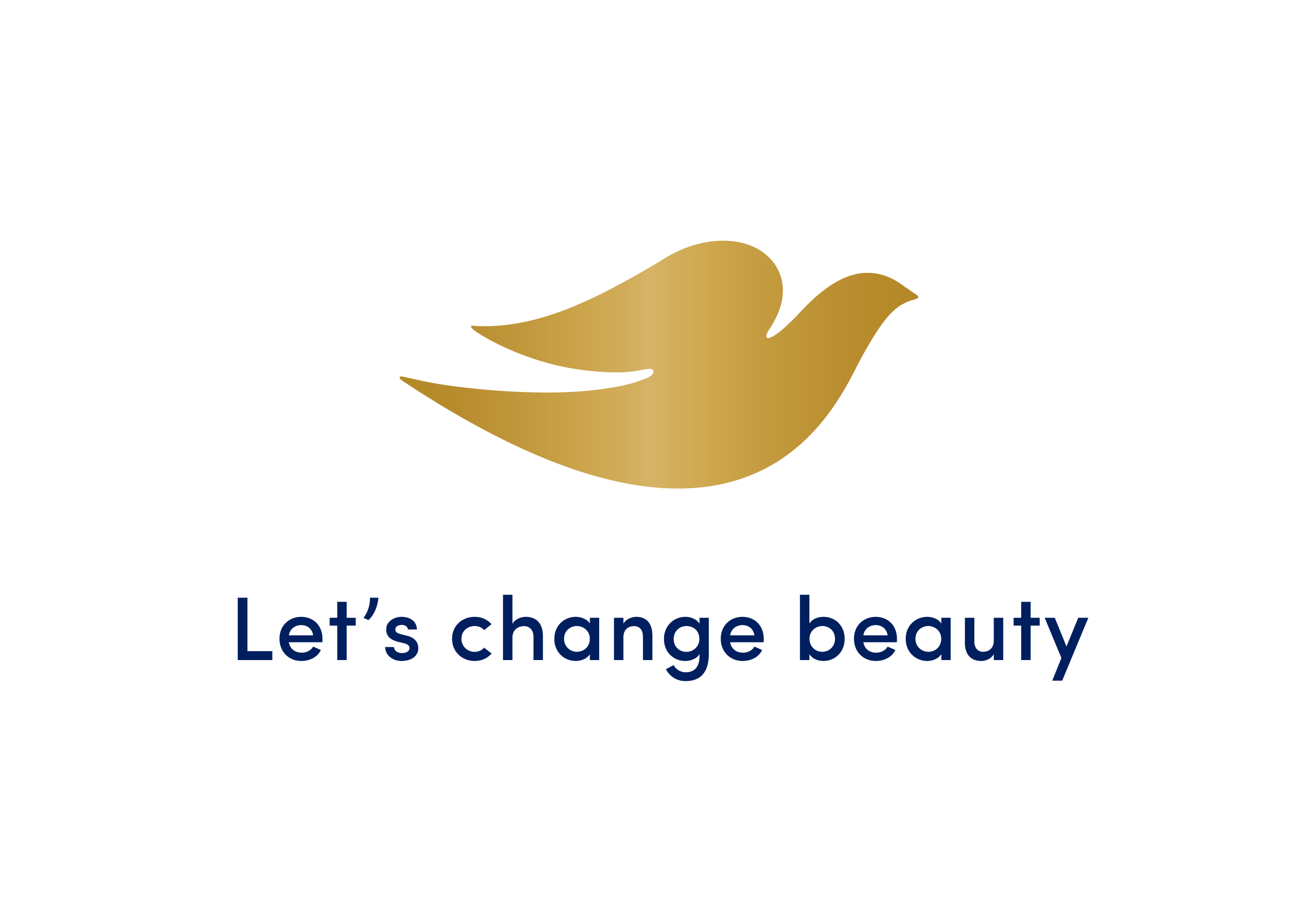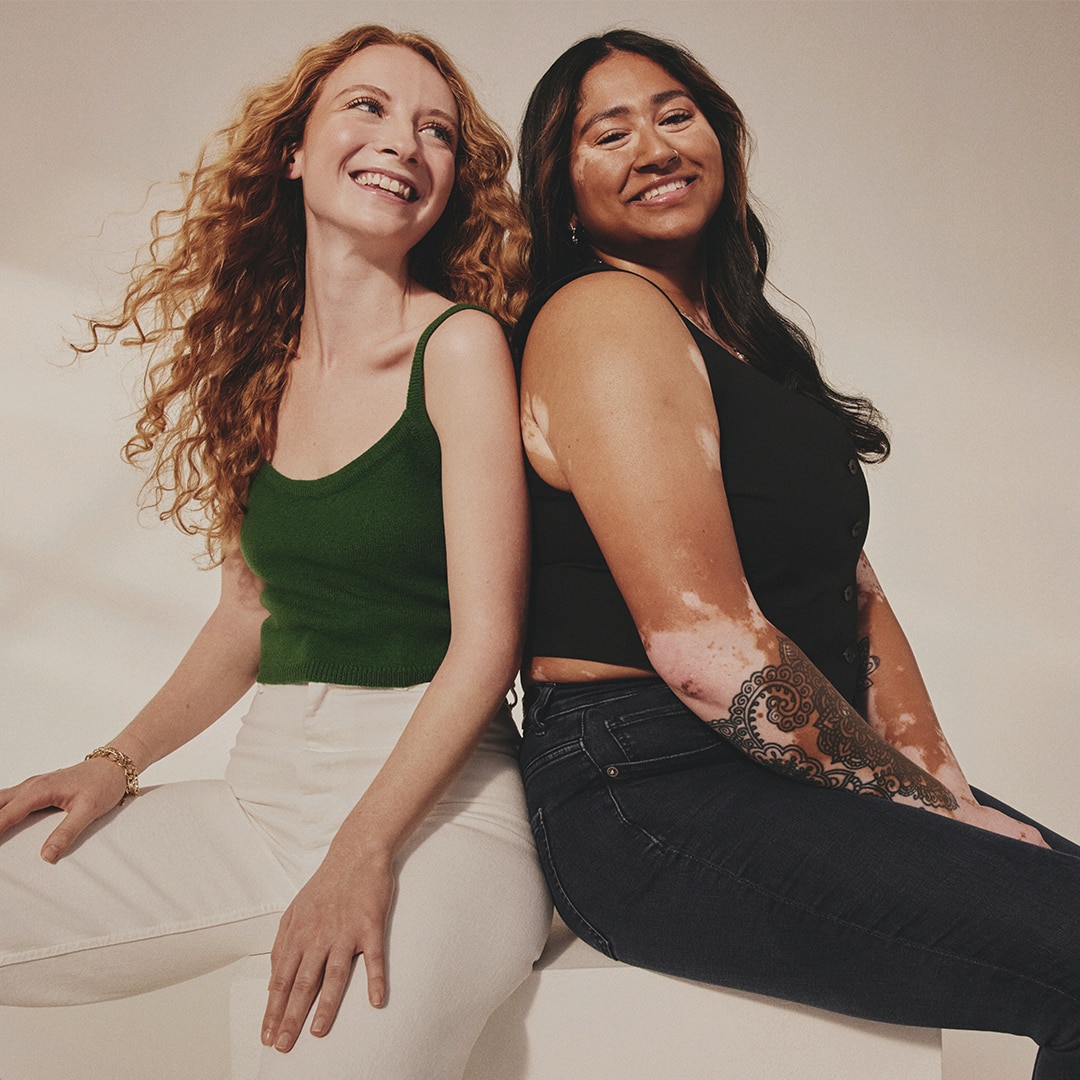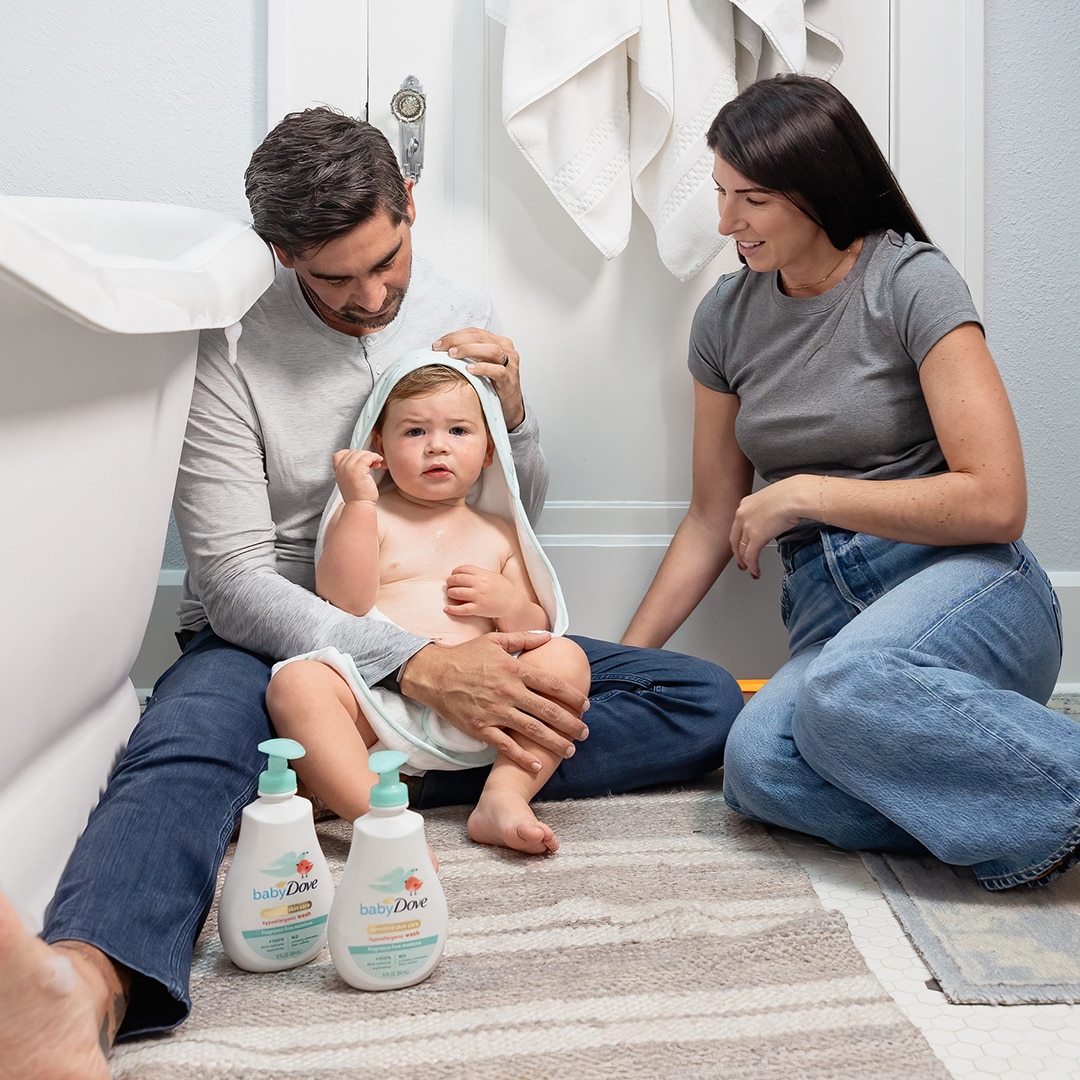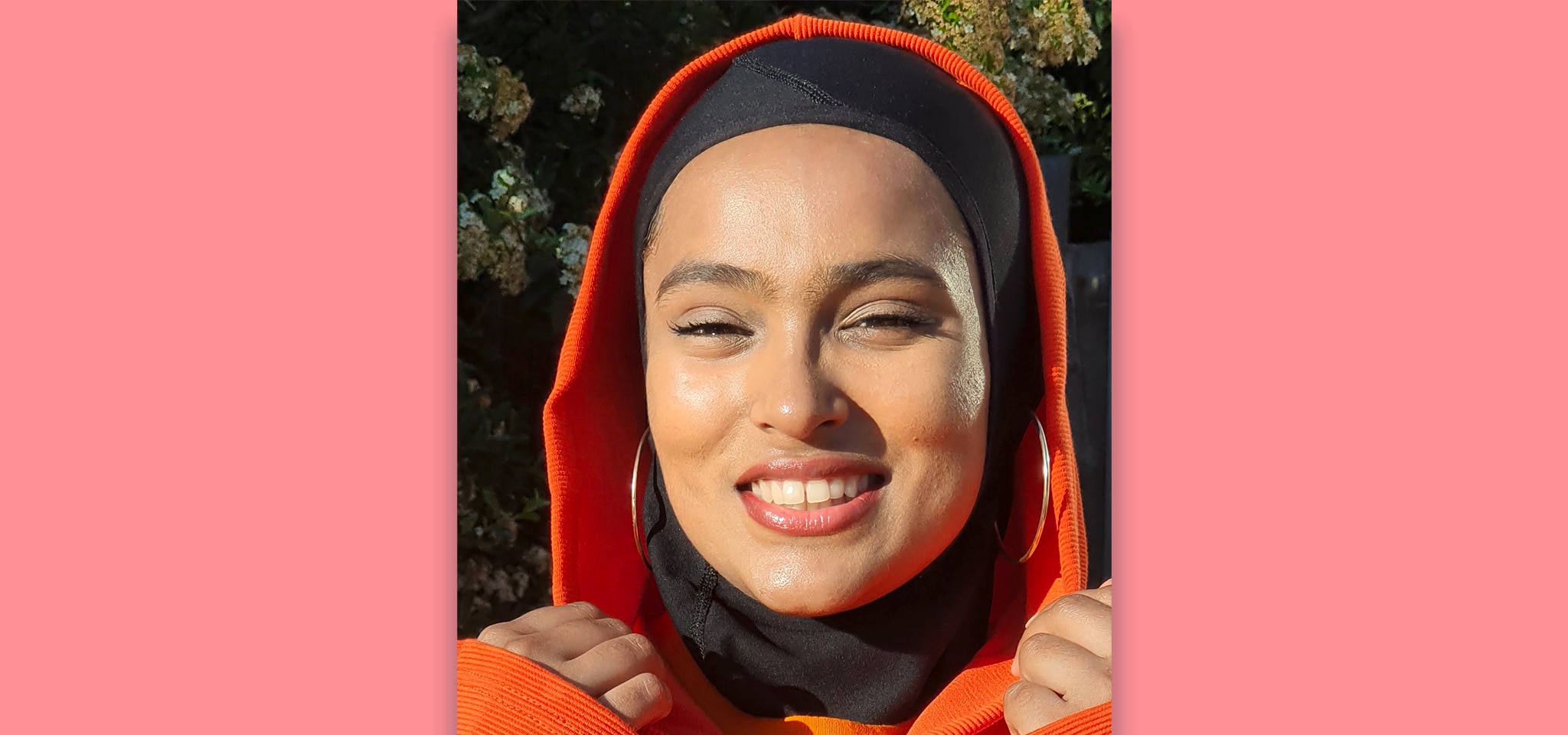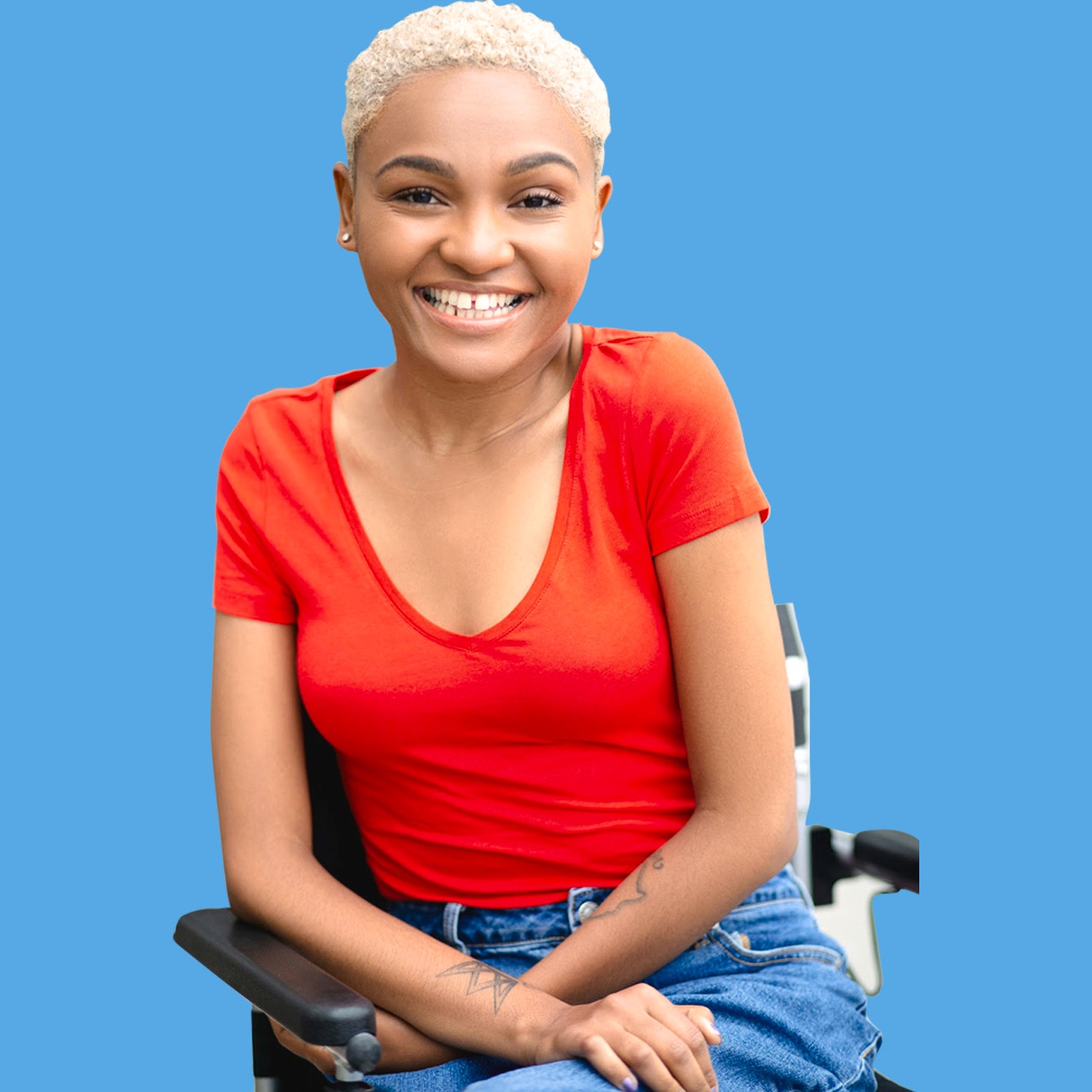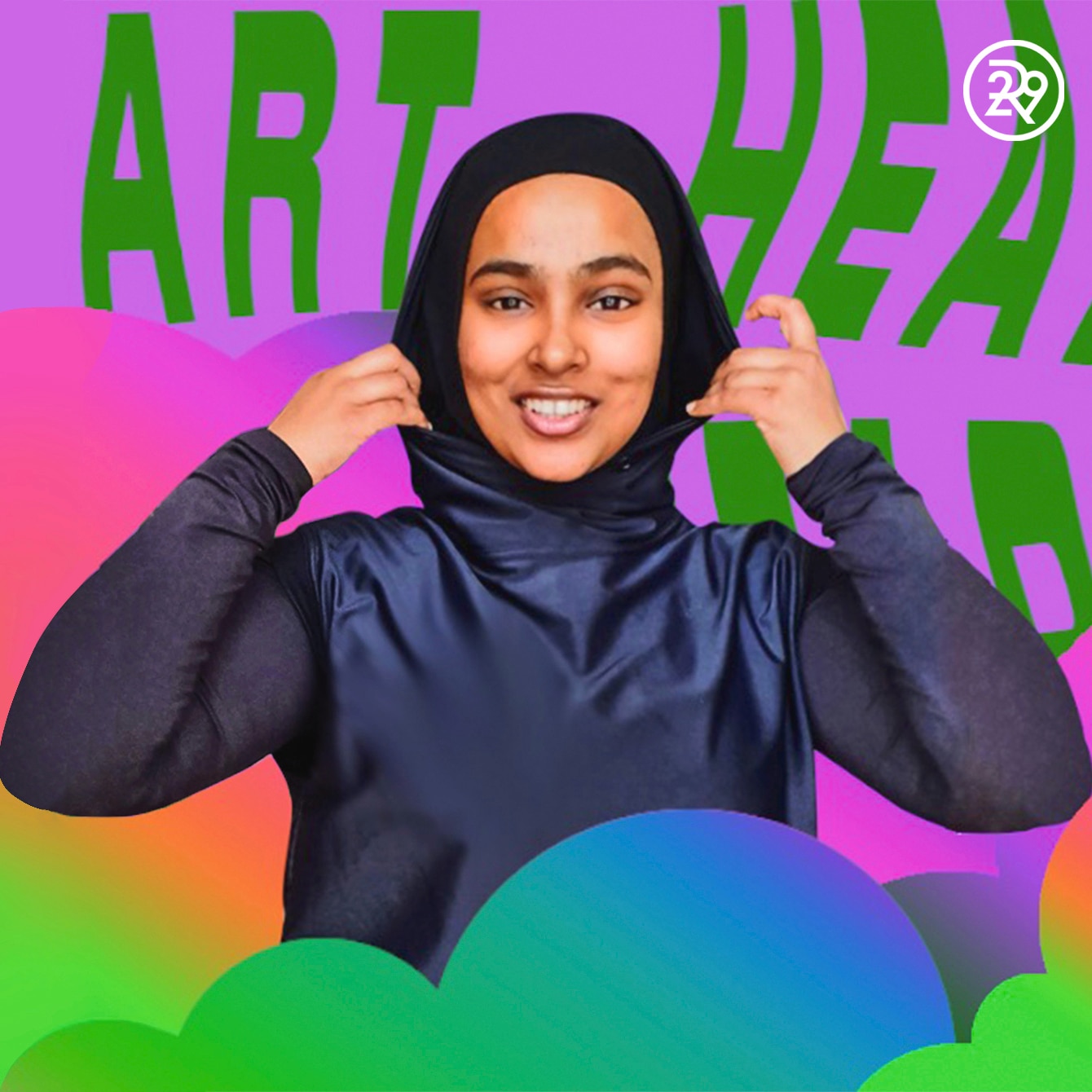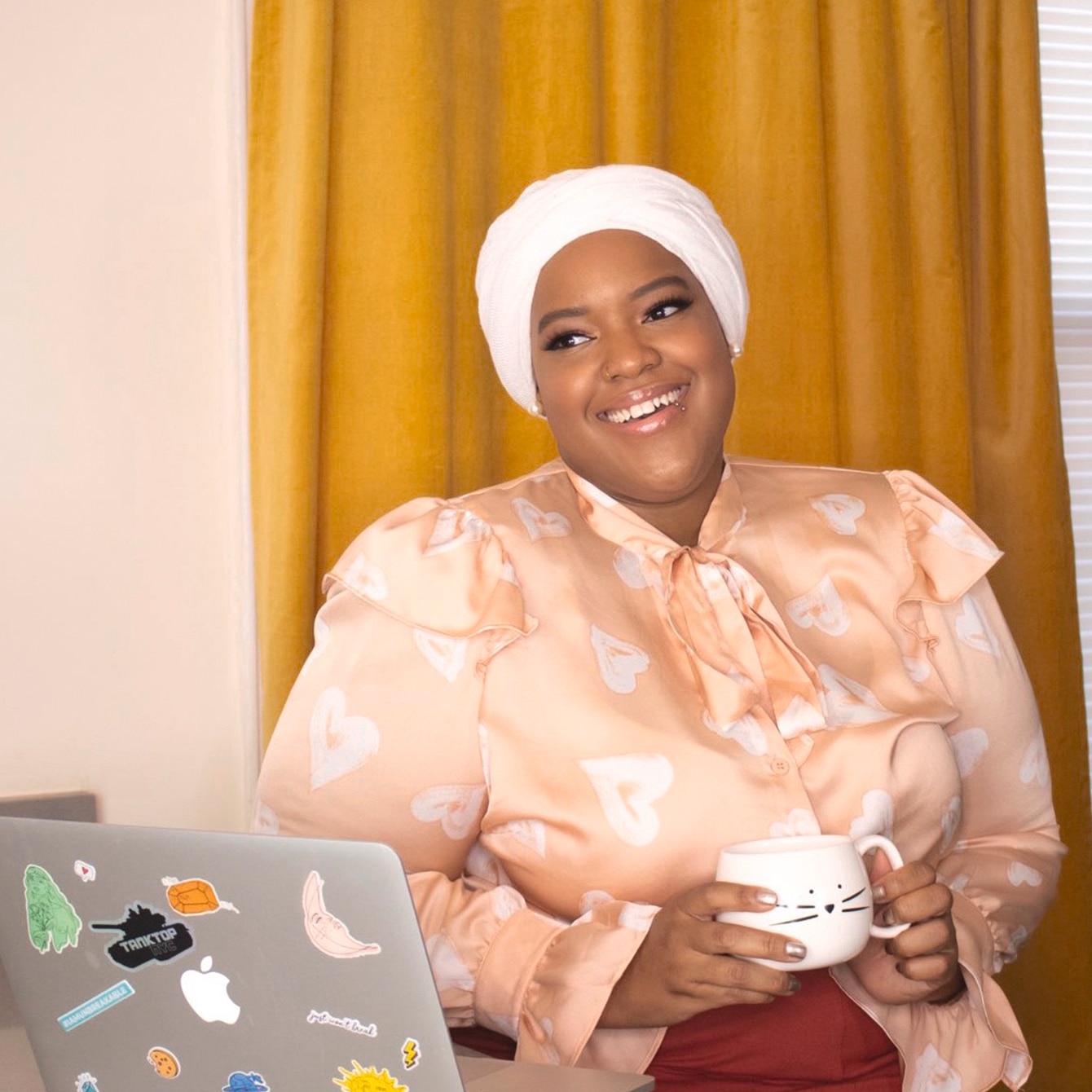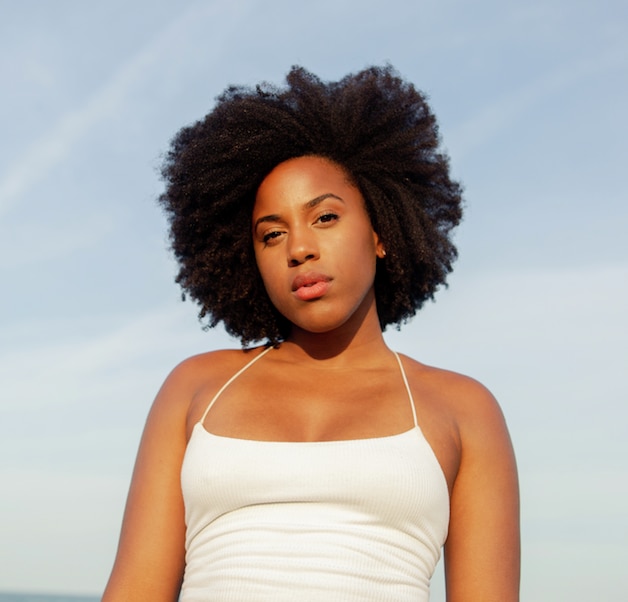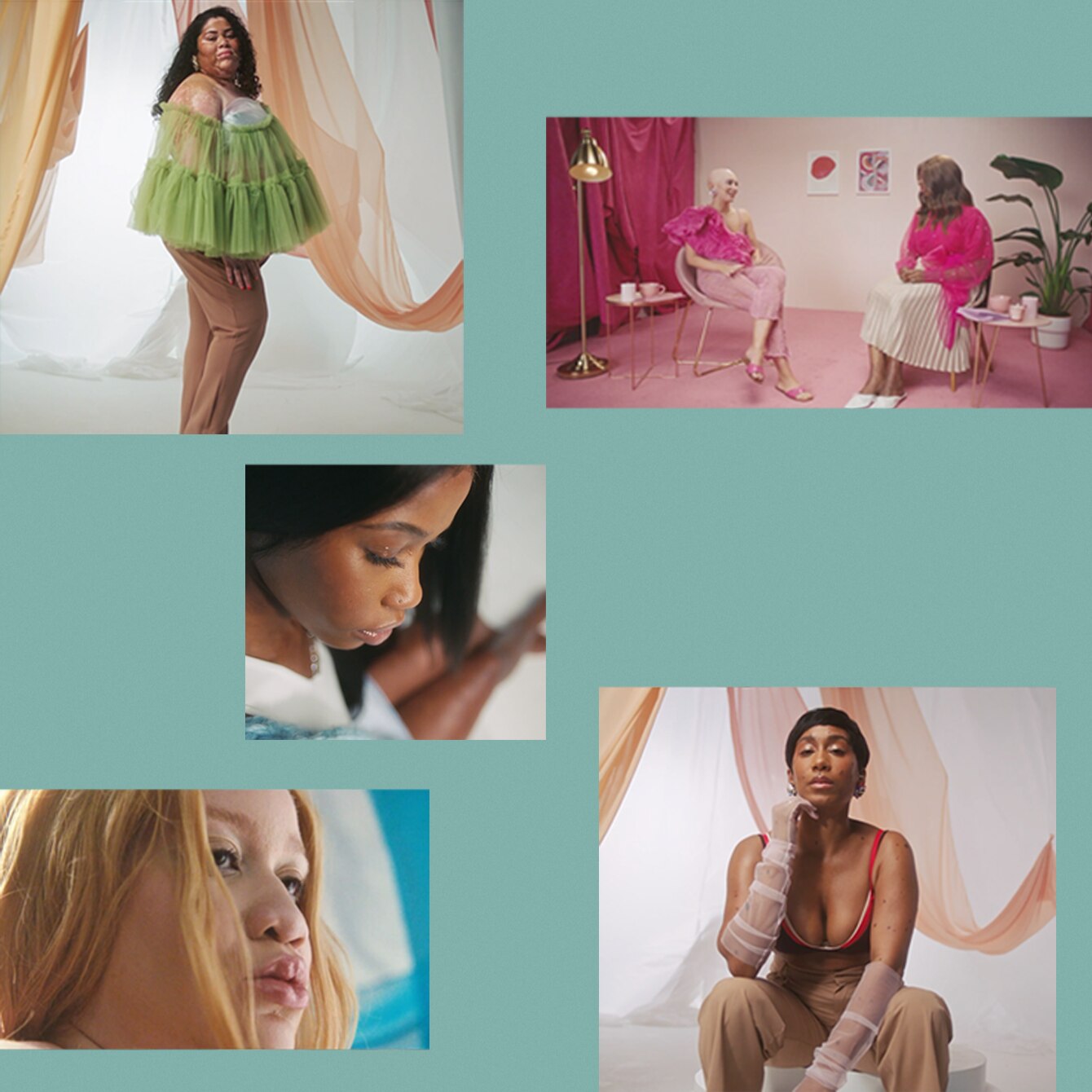Real voices and authentic beauty should never be censored. Meet UK-based personal trainer and influencer Shazia Hossen. As a hijabi woman, she knows just how it feels to be censored on social media and in real life. Through her inspiring platform she is striving for more visibility of underrepresented communities so that all women can be seen and heard.
How have you been affected by social media bias?
I’ve been censored in many areas of my life. As a woman, it's easy to feel ignored in male-dominated areas and it’s been a journey to find my voice and be able to speak. As a Muslim woman, there’s an extra layer. I’ve only worn a hijab for five years so I had to adjust to people’s reactions and public perception. There are rarely any positive things said about Muslim people in Western news and it often feels like we are only one law maker away from being told it’s illegal to wear a hijab publicly. I worry that governments might stop young Muslim girls from partcipating
How does social media help people to feel seen?
I know I would have been more comfortable wearing a hijab earlier in life had there been more representation of Muslim women in the media. It definitely fuelled me to wear one so that other women could have their own reference point.
When I began working in the fitness industry, the women I followed for inspiration didn’t have my body type, skin tone, lifestyle or culture. It was an unrealistic beauty standard for me. I began actively looking for hijab-wearing, women of colour and searching specific hashtags. These women existed but weren’t being amplified and there’s really no point of representation without the amplification - they go hand in hand.
How do you find the confidence to challenge the representation of beauty?
Looking at it now, I don’t feel like I’m challenging anything, I just feel like I’m being my true self. But when I was younger and new to everything my mantra was “to feel fear and do it anyway”. I was very anxious about being more visible on social media and I received a lot of horrible comments from complete strangers. I’d always defend myself and explain but now I prefer to preserve my energy and just block cyberbullies.
What advice would you give to others who are breaking the bias in real life and on social media?
It sounds cliché but always remember why you started. Whether it’s wearing a hijab, starting a new fitness journey or a new business - whatever it is, you have to think about why you started and does it make you happy. Is it something you see yourself doing long term and does it amplify other people? If the answers are all yes, then do it! People that doubt you are temporary and feeling fear is normal whenever we start something new.
I always think that fear is a good thing. It’s your body’s natural survival response to stress. It’s telling you that you’re about to enter unknown territory but it’s got your back.
We believe no one should feel pressured to fit a 'perfect' vision of beauty. As part of Project #ShowUs, we're working with women like Shazia to redefine beauty stereotypes. And we won’t stop until every woman, female-identifying and non-binary individual feels represented. Together, we can change beauty.
What next? Actions to help you empower all women’s voices:
- Follow a diverse range of people to learn about their stories. Grow your personal understanding of other cultures and communities by following people who are different from you. You’ll be surprised at how much you probably have in common.
- Share authentically and be yourself. Our personal stories can often help others to not feel alone. Social media is a highlight reel and people often only show their best bits. Showcase your real self with natural photos just being you.
- Show support and encouragement for others. You can help representation online by championing others by having uplifting and motivating conversations on social media and in real life. Creating change often starts with sharing stories and understanding others.
*Research conducted by Edelman Data & Intelligence, a global, multidisciplinary research, analytics and data consultancy between November and December 2020 in Canada with 503 girls aged 10-17 and 1,010 women aged 18-55.
